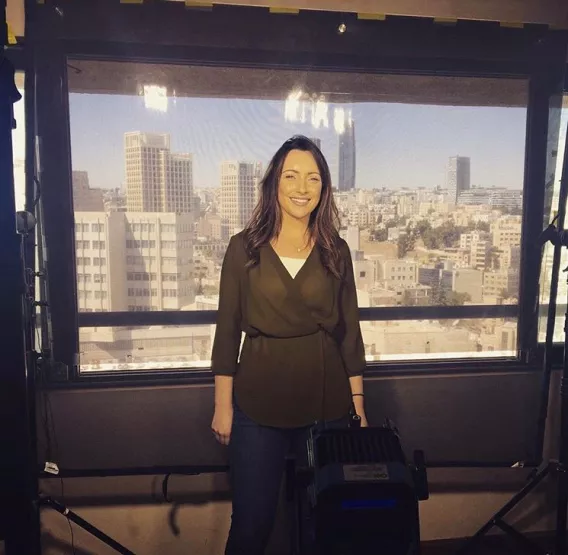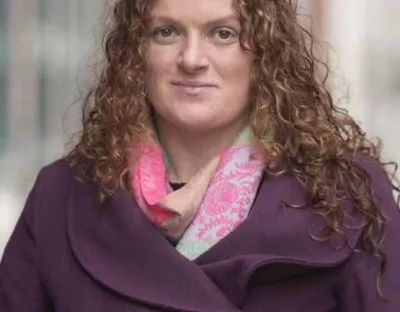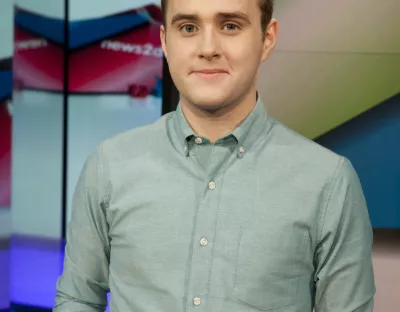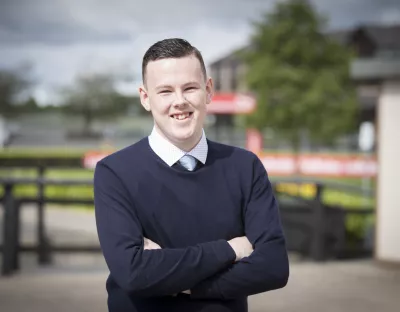
Hilary McGann now works at CNN International.
Why did you choose this course?
I have always been interested in current affairs, geopolitics, and how people are kept informed when it comes to diplomacy etc. As a result, I had a natural leaning towards journalism, as I felt it would be a career that combined both my love for history and storytelling.
Describe your typical day in your job
I’m very grateful that in my job there is no such thing as a typical day of work. For the most part I work as a news desk producer, sifting through news-lines and alerting the network (both TV and digital) on what is reportable etc. The interesting thing is that you can read the coverage plans in the morning and then all of a sudden something happens and your entire day has changed. There’s also a real adrenaline when it comes to chasing a news story, getting something confirmed and seeing an anchor read out your work within a matter of seconds. When I’m not on the desk I work in the field quite a bit where I get to work closely with a correspondent and work on TV programmes and interviews etc. Never a dull day!
In what way did your course prepare you for your career?
In so many ways. The real benefit and joy of working with a company like CNN is that you are expected to be both a print and broadcast journalist with an understanding and respect for the different needs of each platform. When I was doing the course, I remember being struck by the unexpected differences with how a story should be told on TV in comparison to how it should be read in a newspaper. With that being said, while they are two different platforms, the core principles of journalism that I learned in UL (inverted pyramid, right to reply, double-checking sourcing etc.) are invaluable on any platform.
Any advice for school leavers?
Don’t be nervous about getting a job. It might not happen right away, but I firmly believe that no industry is hard to break into if you’re good at it and your work ethic never waivers. If you want to work in local media (which I highly recommend) make sure you know the city/town you’re in as much as possible, if it is at a national level find your beat and start working away on stories related to that on the side.
If international news is what interests you then I would look at the first year in the job as almost like an unofficial masters. Always know what you don’t know, and try to slowly increase your level of knowledge. I read a lot of books like Prisoners of Geography, and other books about history in the last century. I kept a folder and when I saw something I didn’t know or understand I made sure to read up on it before going to sleep. Also, languages. During my first interview I wasn’t asked if I had languages, but how many did I have. Trust me, it makes all the difference.
Find out more about the BA in Journalism and New Media at the University of Limerick.



